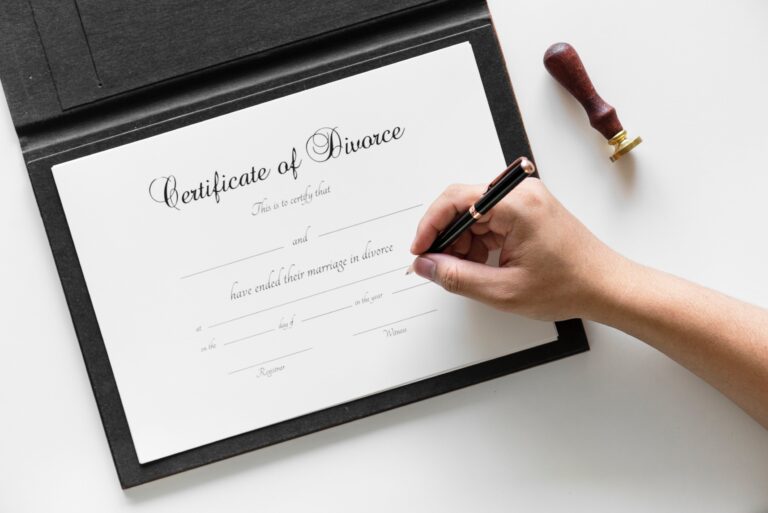
When it comes to divorce, one of the first things to determine is fault grounds. Fault grounds refer to the legal reason your divorce is occurring. Read on to learn more about fault grounds in Massachusetts.
What fault grounds can I cite?
There are various fault grounds you may cite when filing for divorce in Massachusetts. Those fault grounds are as follows:
- Adultery
- Desertion
- Gross and confirmed habits of intoxication
- Cruel and abusive treatment
- Non- support
- Impotence
- Imprisonment of 5 or more years
What is a no-fault divorce?
When you file a no-fault divorce, you do not cite any fault grounds. Instead, you simply cite an “irretrievable breakdown of the marriage.” The majority of couples file for a no-fault divorce. This is because a no-fault divorce cannot be contested by your spouse. Additionally, it is generally a faster, cheaper, and more private process. This is because when citing fault grounds you may be obligated to provide evidence. For example, if you cite adultery as the grounds, you may have to provide evidence of this adultery. Additionally, your spouse has the opportunity to refute your claims. This can be a very stressful process.
What are the options?
Once you make a decision about fault grounds, it is important to determine how you want to settle the matters of your divorce. The majority of couples will have to determine matters of child custody, child support, spousal support, division of assets, and more. You can do this in the following ways:
- Litigation: This process takes place through the Massachusetts court. Here, a judge will rule on matters on your behalf. This can be expensive for both you and the state. It can also be a long, arduous process. But, in some cases, it is the best option.
- Mediation: This process takes place outside of the court. Here, the couple will work with a neutral third party in order to settle the divorce.
- Arbitration: This process is similar to mediation, but here, the neutral third party acts as a judge, making decisions on behalf of the couple.
- Collaborative divorce: This process involves a series of four-way meetings between the couple and their own attorneys. Often, other parties are involved, including expert witnesses, forensic analysts, and more.
In order to determine the best method for you, reach out to our firm to discuss your options.
Contact our experienced Bristol County firm
For over 30 years, The Law Offices of Cynthia L. Hanley, P.C. has provided quality legal support and representation for clients in Bristol County and all of Massachusetts. Our firm’s experience eases the stress of clients while providing the legal services they deserve. If you need help through a contested divorce, contact The Law Offices of Cynthia L. Hanley, P.C. for a consultation today.


